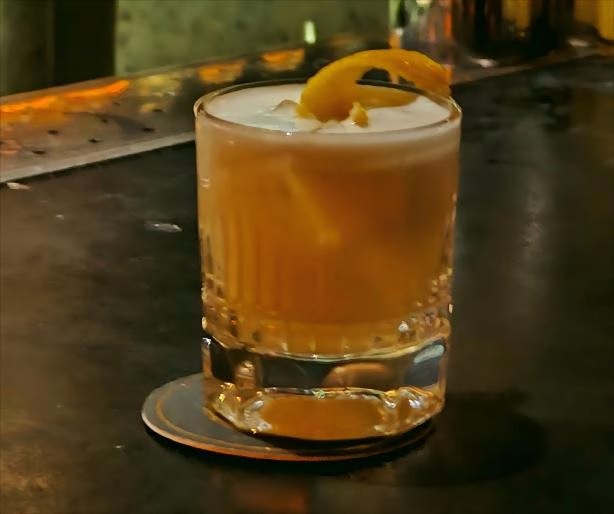If you’re new to whisky and want to understand it better, how should you approach this fascinating “water of life”? Do color, age, aging, and aged aromas matter? There are various opinions, but in reality, there are many ways to enjoy whisky. There’s no right or wrong way to enjoy it. Let me share the story of whisky:
Age doesn’t matter at all.
I’ve heard many older whisky enthusiasts say, “I only collect old bottles. I won’t drink whisky that’s not over 30 years old.” I also saw a wine expert recommending whisky in a column in a well-known magazine. He said:
“Drinking whisky starts with choosing the age.” Would it surprise you if I told you that these ideas are a profound misunderstanding of whisky?
If these veteran whisky connoisseurs and other experts in other alcoholic beverages have such profound misconceptions, wouldn’t it be easy for beginners to fall into the myths of whisky age?
If you understand the essence of Scotch whisky, you’ll realize that its age is completely irrelevant to determining its quality.
The Biggest Difference Between Whisky and Wine
The biggest difference between whiskey and wine is that whiskey is a distilled spirit, while wine is a brewed spirit. Wine undergoes only fermentation and partial oak barrel aging, reaching an alcohol content of approximately 15% before being filtered and bottled.
After fermentation, whiskey undergoes a second distillation to raise its alcohol content to approximately 70%, then matures in oak barrels before being blended and bottled.
During the production of wine, the influence of the land, climate, and environment on the grapes during cultivation is clearly recorded in the wine. This is why the French Bordeaux wines we know so well can vary significantly between good and bad vintages like 1982 and 1983.
Because whiskey undergoes the additional distillation process, the impact of the climate and environment on the crop is minimized. In Scotland, the barley crop used for whisky reflects virtually no difference in the climate and environment of the year.
So what’s the deal with the many whisky brands that display vintages?
Typically, the most important significance of the age of Scottish whisky lies in documenting changes in production techniques over time, changes in the distillery’s head blender, or the historical significance of distilleries closing or resuming production due to global economic fluctuations. It has nothing to do with the quality of the barley itself.
In other words, the age may indicate whether changes in style have occurred due to personnel changes, rather than the quality of the whisky itself.


Leave a Reply